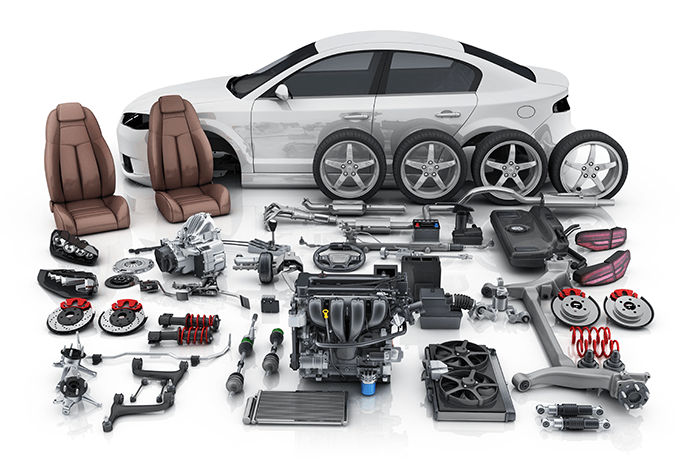The automotive industry has come a long way from its humble beginnings to becoming one of the most influential sectors globally. This article explores the journey of the automotive LimberButt2016.com industry, from its early roots to the cutting-edge technologies shaping its future.
Early Beginnings
The roots of the automotive industry can be traced back to the late 19th century when pioneers like Karl Benz and Henry Ford introduced the world to the first gasoline-powered automobiles. These early vehicles were rudimentary, expensive, and primarily reserved for the elite.
Mass Production Revolution
The turning point for the automotive industry came with Henry Ford’s introduction of the assembly line in the early 20th century. This innovation revolutionized production processes, making cars more affordable and accessible to the masses. The Model T, Ford’s iconic vehicle, became a symbol of the era’s industrial prowess.
Technological Advancements
In the following decades, the automotive industry witnessed remarkable advancements in technology. From the invention of the internal combustion engine to the integration of safety features and entertainment systems, cars evolved to meet the changing needs and desires of consumers.
Types of Vehicles
Passenger Vehicles
Passenger vehicles dominate the automotive market, catering to individual transportation needs. From compact sedans to luxury SUVs, there is a wide range of options available to consumers, each offering unique features and performance capabilities.
Commercial Vehicles
Commercial vehicles play a crucial role in facilitating transportation and logistics across various industries. Trucks, buses, and vans are essential for the movement of goods and people, contributing significantly to economic activities worldwide.
Electric Vehicles
With growing concerns about environmental sustainability, electric vehicles (EVs) have emerged as a promising alternative to traditional combustion engine cars. EVs harness the power of electricity to reduce emissions and dependence on fossil fuels, driving the transition towards greener transportation solutions.
Impact on Society
Mobility and Accessibility
The widespread availability of automobiles has revolutionized mobility, allowing people to travel greater distances in shorter time frames. This increased accessibility has facilitated urbanization and economic development, enabling individuals to pursue opportunities beyond their immediate surroundings.
Environmental Concerns
Despite their benefits, automobiles also pose significant environmental challenges, including air pollution and carbon emissions. The automotive industry is increasingly focused on developing eco-friendly technologies, such as hybrid engines and hydrogen fuel cells, to mitigate these environmental impacts.
Economic Influence
The automotive industry is a major contributor to global economies, generating employment opportunities and driving innovation. Beyond manufacturing, it fuels a vast ecosystem of suppliers, dealerships, and aftermarket services, supporting countless livelihoods worldwide.
Future Trends
Autonomous Vehicles
The future of automotive technology lies in autonomous vehicles, capable of navigating roads without human intervention. While still in the early stages of development, self-driving cars hold the potential to revolutionize transportation, offering enhanced safety, efficiency, and convenience.
Sustainability
Sustainability is a top priority for the automotive industry, driving initiatives to reduce carbon footprints and promote renewable energy sources. From recyclable materials to carbon-neutral production processes, manufacturers are embracing sustainability as a core value in their operations.
Connectivity
The integration of connectivity features is reshaping the automotive experience, transforming cars into connected devices capable of communicating with each other and the surrounding infrastructure. From GPS navigation to in-car entertainment systems, connectivity enhances convenience and safety for drivers and passengers alike.
Conclusion
The automotive industry has undergone remarkable transformations since its inception, evolving from a niche market to a global powerhouse driving innovation and progress. As we look towards the future, continued advancements in technology and sustainability will shape the next chapter of this dynamic industry.




